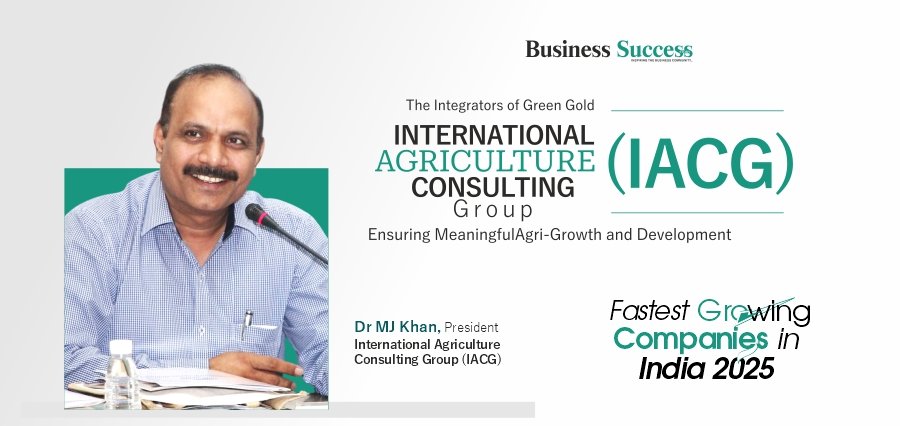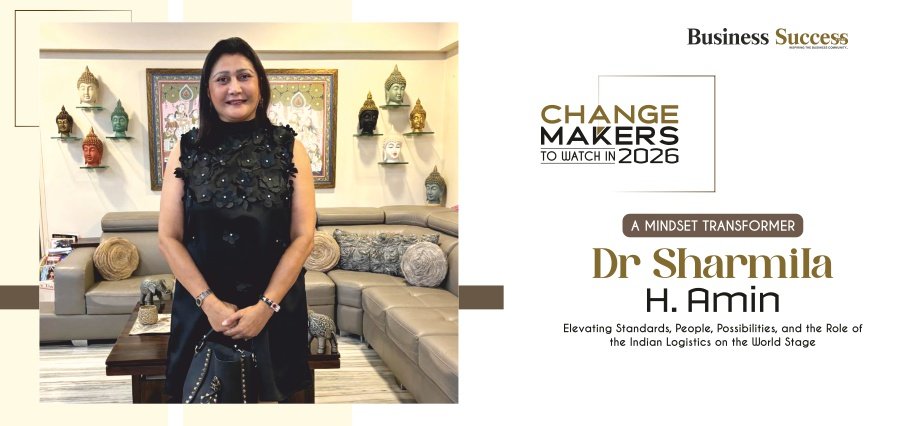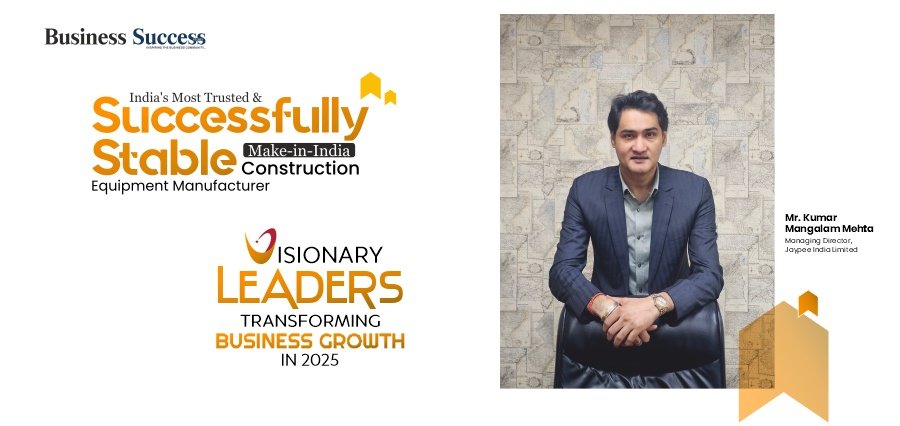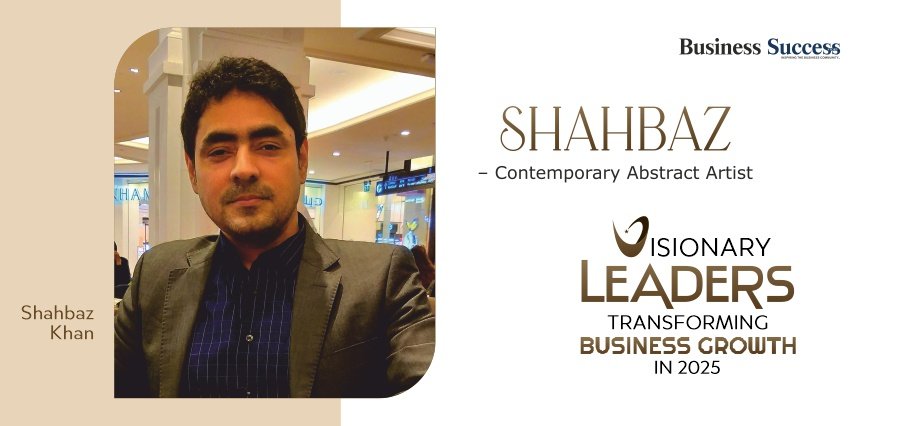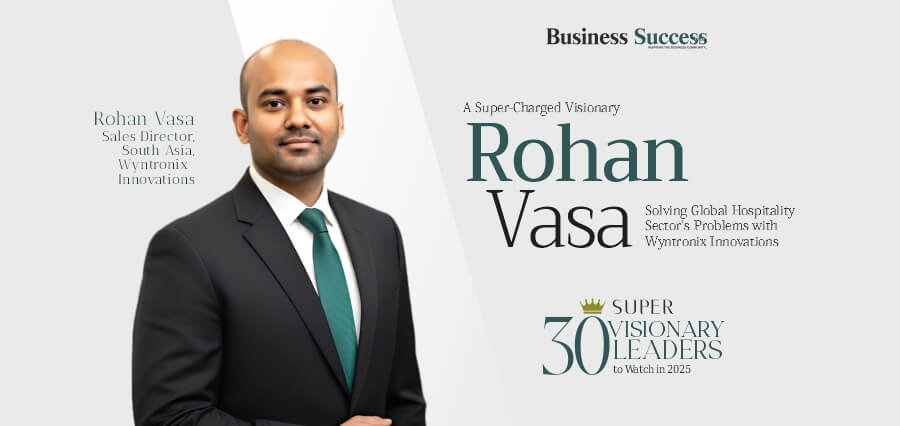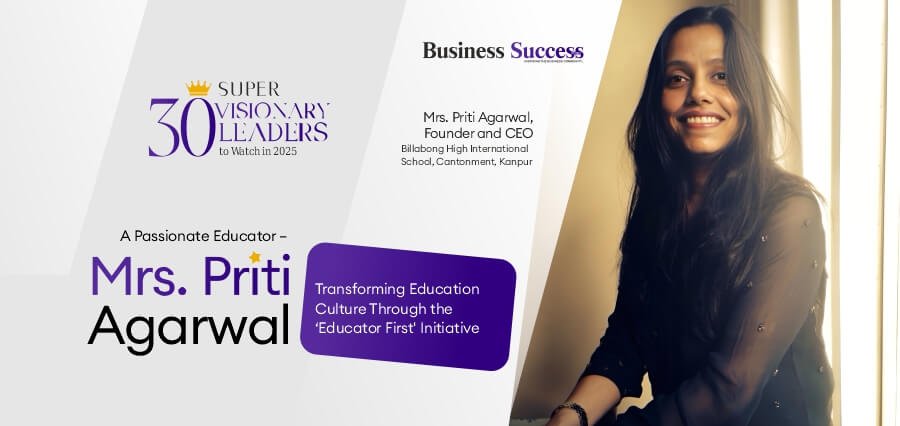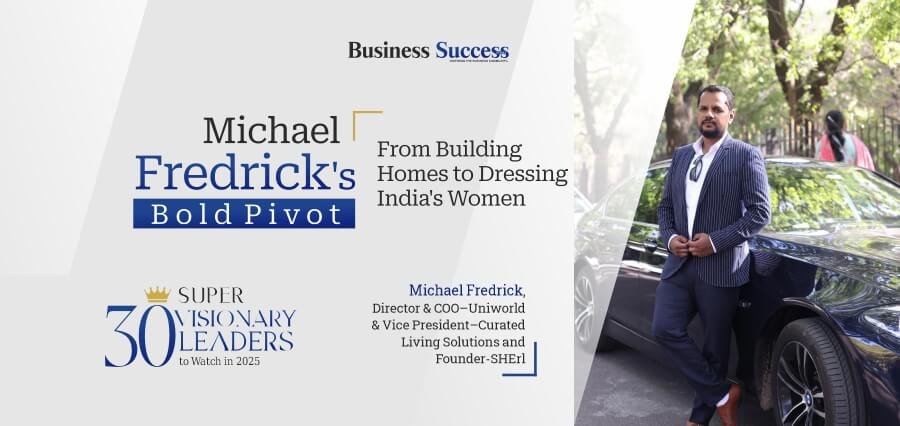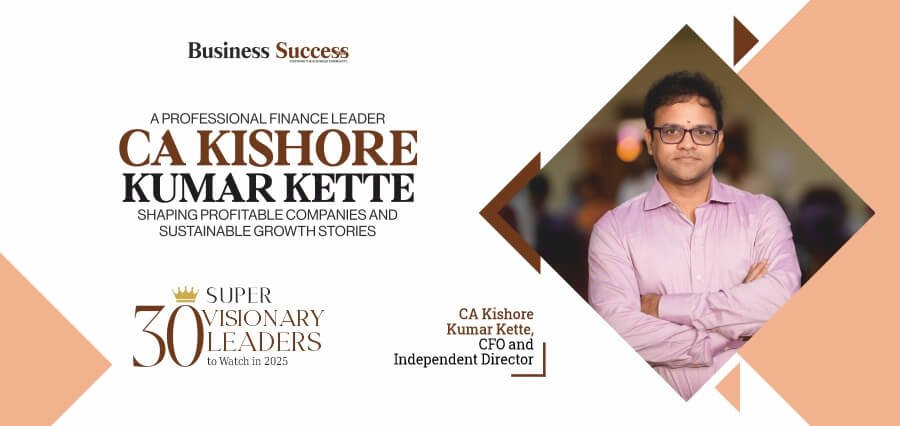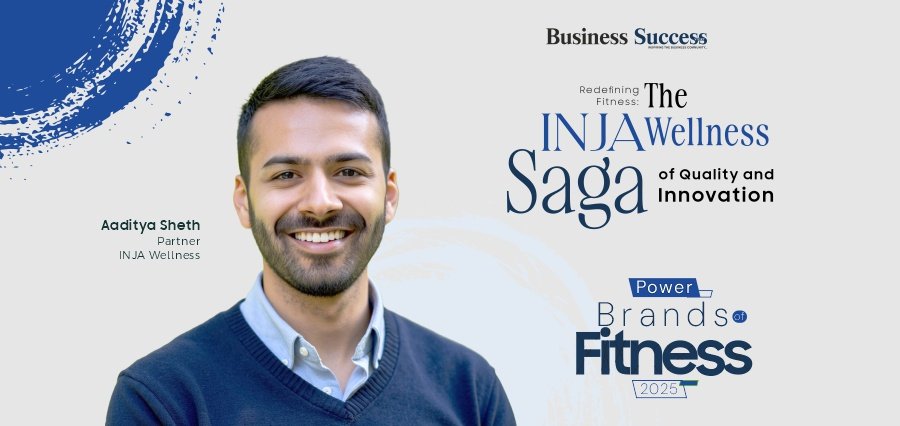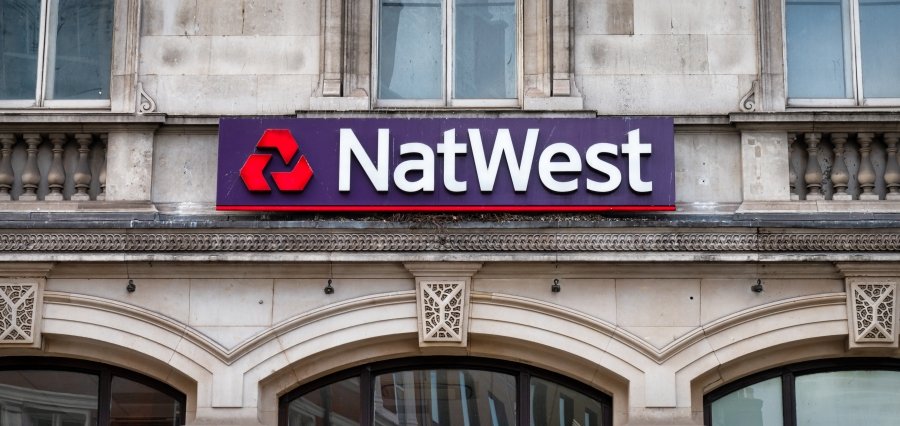Agriculture has always been the backbone of humanity, including our modern civilization. And since global food accessibility and security are the key pillars of universal advancement and international progress, agricultural consultancy has gained prominence worldover for the last several decades. Thus, believing that although agriculture can bring holistic development around the globe, it throws unique challenges and is awaiting creative and committed solutions, Agriculture Today Group, along with the Indian Council of Agriculture Research and CRISAT, came together in the year 2010 to launch the India Africa Agriculture Partnership Platform. Another reason for this initiative was the fact that this sector has been in need of a common platform for the convergence of expertise and a specialized agency to implement projects at the grassroots level. To address these objectives, International Agriculture Consulting Group (IACG) was created as a specialized agency for project consulting and execution. Later, the scope was expanded to include developing countries in Asia and Latin America and other parts of the world.
According to the President, Dr MJ Khan, “We built IACG around a clear idea: opportunities in agriculture matter only when they turn into resilient incomes, efficient use of resources, and projects that actually run on the ground. That vision shapes what we take on, how we design solutions, and how we judge success. We begin with feasibility and value-chain economics, then lock it to soil, water, and market realities so plans survive beyond the presentation stage.”
To deliver, IACG mobilizes a panel of more than 1,400 experts and works with leading institutions to match the right science, policy insight, and execution skill to each assignment. This lets it keep solutions local in design yet scalable across regions. It is also why clients return: pilots move to operating plants, supply chains stay functional, and producers capture more value.
In a crowded market, IACG does not try to be everything. It stays with what it can deliver end to end, from research and DPRs to transaction advisory and implementation. “Linking global know-how to local outcomes has kept us focused, credible, and growing,” adds Dr Khan.
The Digital Edge: From Insight to Outcome
The IACG uses technology not for its own sake, but strictly where it fundamentally alters decisions and outcomes. On the production side, the teams are surgical in their approach, designing precision packages that include protected cultivation specifications, micro-irrigation layouts, and mechanization plans tailored meticulously to the specific crop and climate.
For the value-addition segment, they bridge the gap between abstract planning and bankable reality. They transform feasibility studies into Bankable Detailed Project Reports (DPRs) that include clear equipment lists, capacity sizing, process flows, and cold-chain requirements. This meticulous planning ensures commissioning is faster and capital expenditure (capex) is better targeted.
To deliver farm-level digitization, the IACG collaborates with specialized ag-tech platforms and MoU partners. These digital choices are rigorously validated against policy, market access, and value-chain realities before implementation.
Dr Khan summarizes the impact: “The net result for clients is tighter scoping, lower execution risk, quicker time to first output, and measurable gains in productivity and resource use.”
Global Standards, Indian Insight
The IACG’s international success is rooted in a disciplined formula: global standards guided by Indian insight. They reject a one-size-fits-all approach, always designing for the place first.
In India, this means operating state by state and crop by crop, ensuring every plan accounts for local soils, water, seasons, logistics, markets, and regulations. Only after clarifying this local picture do they apply their worldwide methods for project scoping and value-chain design.
This adaptive discipline is then exported. The IACG applies the same method to global engagements, adapting the solution to local crops and rules. Dr Khan points to diverse successes: “Examples include wheat and alfalfa production in Sudan, a raw cashew processing plant in Mozambique, aquaculture in Zambia, corn market linkages in Ethiopia, and an integrated farming plan in the Maldives.” The solution is always specific to the location, while the execution method remains consistent.
This balance is sustained by their operational model: a lean core team backed by a massive bench of over 1,400 domain experts and strong institutional linkages.
Dr Khan states, “The result is simple to judge anywhere—plans that get funded, assets that start on time, and value chains that keep moving.” This is the IACG’s commitment: turning agricultural opportunity into enduring success.
The Four Pillars of Principled Leadership
The story of IACG is not just one of expansion, but of meticulous, principled growth. Dr Khan reveals that their success is founded on a codified, disciplined approach to leadership and execution. The IACG runs on four simple, powerful principles that guide every decision. First, they demand clarity before action, meticulously defining the problem, the outcomes, and the guardrails so the entire team understands what “good” looks like. Second, they insist on evidence over opinion, ensuring decisions are anchored in field data, feasibility, and unit economics, never just on presentations. Third, they establish accountability with room to think, granting teams ownership of results alongside the space to test, learn, and improve. Finally, they champion respect for partners and communities, prioritizing listening and promise-keeping to earn the trust that keeps complex projects moving.
To build a culture of innovation and resilience, their methodology is equally systematic. New ideas are tested small, measured, and only then scaled. Regular short checkpoints spot risks early, always paired with a named owner and a clear fix. They foster continuous learning through open “what worked/what didn’t” reviews, and they empower their teams by providing practical guidelines so no one ever has to “start from zero each time.”
Dr Khan states: “When conditions change, we adjust plans quickly rather than defend a weak design. This rhythm keeps the team curious, steady, and focused on results that last.”
Conquering the Credibility Challenge
The single biggest challenge in the IACG’s growth trajectory was maintaining both delivery quality and credibility while rapidly scaling its operations across states and countries. The struggle was moving from crafting good proposals to actually delivering assets that started on time, performed as planned, and won repeat business.
They overcame this with a series of disciplined strategic choices. The core was Proof Before Scale: running focused pilots and expanding only after showing results in plain numbers. They enforced One Disciplined Way of Working, from defining the problem to converting it into a fundable plan, and staying through commissioning. Crucially, they adopted Selective Intake, having the discipline to “say no when ground conditions or policy won’t support success.” This, coupled with single ownership for every outcome and swift after-launch support, cut rework and built the high-trust reputation that fueled their growth.
Attracting Talent Through Purpose
In a niche market, the IACG attracts, trains, and retains top talent by offering real work with real outcomes. New hires gain immediate exposure to the full project arc—from feasibility to commissioning—on assignments that genuinely matter. They receive early visibility with senior clients and direct access to the vast network of domain experts.
Dr Khan notes: “That mix of purpose, learning, and ownership is a strong pull.”
Training is intensely hands-on, involving short field immersions and pairing managers with senior specialists. Retention is secured through trust and growth. Teams own the outcomes, receive timely feedback, and see their work move “from paper to operating assets.” Credit is always shared, and experts are empowered to shape work in their domain, keeping the bar for excellence permanently high.
Dr Khan adds: “We back teams to adjust plans rather than defend a weak idea. That keeps good people engaged and the bar high.”
Partnerships Built on Trust and Phased Value
The IACG builds partnerships not on a handshake, but on a clear scope, steady governance, and measurable results. They prefer phased delivery, proving value in one focused stage before expanding. For multi-party projects, they map all responsibilities—across public agencies, financiers, and farmers—early on, using transparent decision logs to surface and resolve issues quickly. Furthermore, they invest in client capability through practical training and documented handovers, ensuring systems are sustained long after their work concludes.
This disciplined approach fosters trust, which Dr Khan sees as compounding over time: “That continuity—clear mandates, disciplined reviews, shared data, and capacity built on the client side—has been a major driver of our retention, referrals, and steady growth.”
The True Measure of Success
For the IACG, success is defined through a powerful, human-centric lens. “Growth is meaningful only when it improves lives and outlasts us,” states Dr Khan. They judge their work by reliability and lasting impact: projects that start on time, producers who earn better, prudent resource use, and client teams that are stronger after the engagement.
Being named among the “Fastest Growing Companies in India” is merely encouragement. For the IACG, it means accepting a higher bar and a larger platform. “For us, it means… keep growth tied to real outcomes on the ground, keep our advisory independent and evidence-led, and keep building local capability so results last after we step back.” In essence, the recognition is a responsibility to scale what works, doing so with clarity, integrity, and enduring impact.
The Vision: Integrating the Global Future
Looking to 2025 and beyond, the IACG is selectively deepening its engagement in high-potential corridors, targeting growth in India and the Gulf–Africa corridor, alongside South and Southeast Asia. Their focus remains strictly on programs that can scale and demonstrate clear unit economics.
This expansion is led by three strategic service tracks. First, they are prioritizing climate-smart agriculture and related financing, focusing on water-efficient production and projects that qualify for emerging carbon instruments. Second, they aim for value chain upgrades across horticulture, dairy, fisheries, and grains, specializing in smarter post-harvest handling and cold-chain implementation. Third, they are spearheading digital enablement for producers and mid-size agribusinesses, providing tools for season management and traceability through their MoU partners.
President Dr Khan defines the IACG’s indispensable role: “Our role is to be the integrator that makes ideas investable and workable.” They collapse the entire project lifecycle—from problem definition and feasibility to bankable planning and on-ground delivery—into a single line of sight. “If we do this well,” he concludes, “governments and companies get lower execution risk, producers capture more value, and the sector moves toward growth that is both profitable and responsible.”

